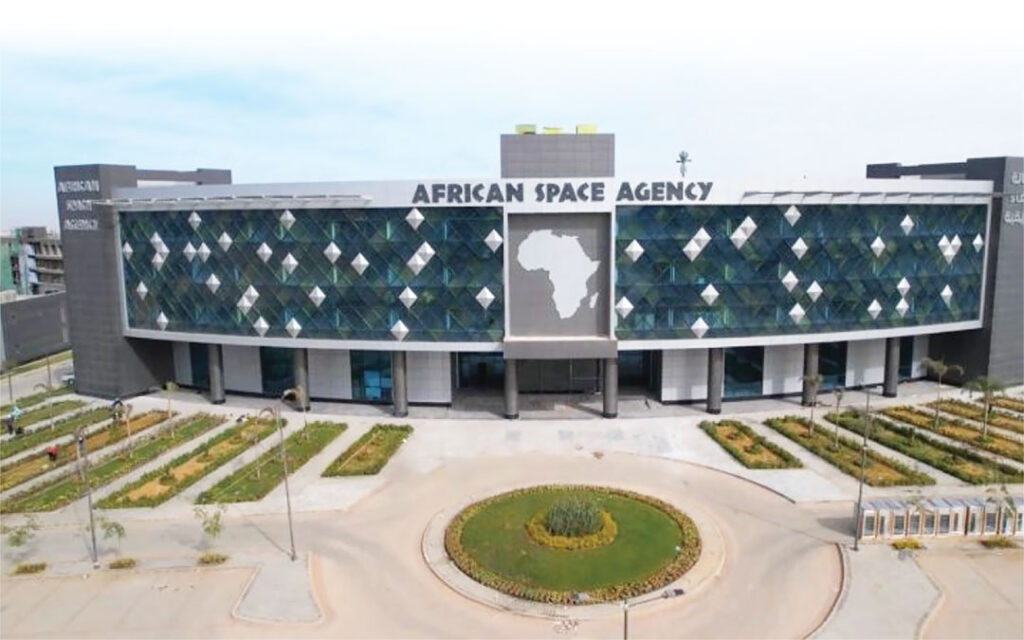Nearly three decades after Egypt launched its first satellite into orbit, the African Space Agency opened its doors in Cairo with a mission to expand the continent’s presence beyond Earth.
“Space activities across the continent have been very fragmented,” said Meshack Kinyua, the African Union’s space applications training officer. “The [agency] … places all African Union members on an equal footing regarding access to gathered data based on their needs.”
At least 21 African nations have space programs. Most of those have started during the past 25 years as the cost of developing and launching satellites dropped. Since Egypt launched its NileSat-1 in 1998, 19 African nations have put 67 satellites into orbit, according to SpaceHubs Africa. Botswana became the continent’s newest spacefaring nation when it launched BotSat-1 on March 15, 2025.
The African Space Agency’s mission has four pillars: improve Earth observation; support satellite communication, navigation and positioning; promote astronomy; and promote space sciences.
“The African space program is in the embryonic stage right now,” Kinyua said in an AU video. “We are working directly to make sure the member states have the capacity in terms of infrastructure and in terms of human capital development.”
African nations expect to triple the number of satellites on orbit over the next few years. Space advocates see Africa’s growing role beyond the atmosphere as vital to the future. Satellite technology can forecast the weather, establish secure communications and track movements across the continent’s borders.

